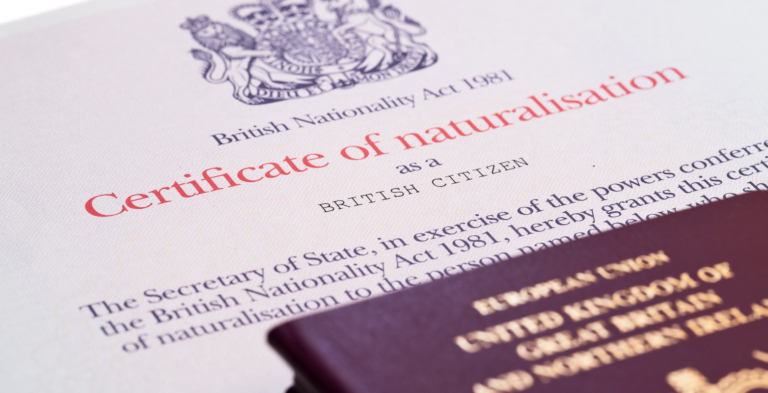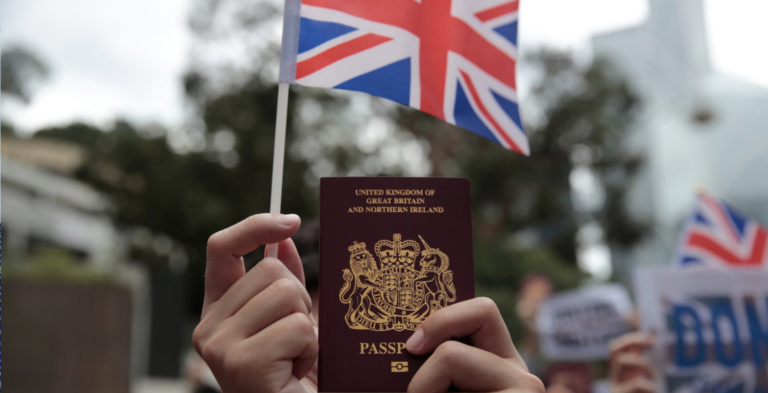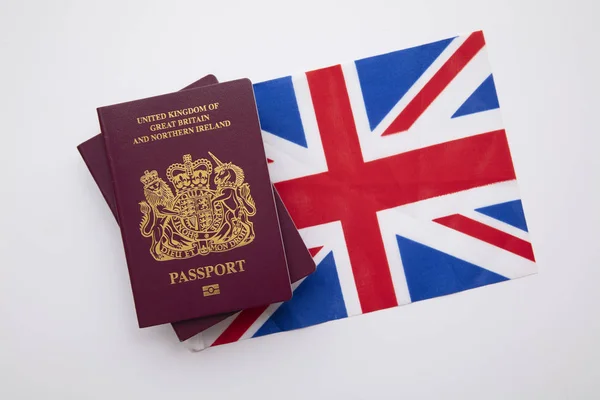Retained Right of Residence Visas

Retained right of residence is a viable route for some people to legally reside and work in the United Kingdom on the basis of EU law. Like many other routes, it is far from being straightforward and intuitive. People who decide to take it should discover all the requirements related to the process. It is also a good idea to review the retained right of residence guidance to maximize the chances of being approved.
What is the retained right of residence?
The idea behind the retained right of residence in the UK is to allow people in some specific circumstances to continue living and working in the country legally under the EU Settlement Scheme when they have previously been a family member of an EEA citizen. In case their previous sponsor can no longer be considered a sponsor, they might be eligible to apply for retained right of residence to remain in the United Kingdom.
Who qualifies for a retained right of residence?
The route was designed for nationals of the European Economic Area and their family members. Following Brexit, the route is now part of the EU Settlement Scheme.
There are some requirements regarding the circumstances of the case. Each of the eligible circumstances will be reviewed in detail further on. For now, here is the short list of valid reasons for taking this route:
- death of the sponsor;
- divorce or dissolution of the marriage with the sponsor;
- custody of a child in the UK;
- the need of a child to finish ongoing studies in the UK;
- particularly difficult circumstances, such as domestic violence and abuse.
Retained right of residence following the death of your family member
An unfortunate situation in which a person might need to make this application is where their sponsor or family member has passed away. For the applicant, it is necessary to comply with three main eligibility requirements to be recognised as a person with a retained right of residence. Firstly, they and their family member should have lived in the United Kingdom when their family member passed away. Secondly, the family member should have been in the UK as a qualified EEA national.Lastly, it is necessary for the applicant (unless they are the child or step-child of the sponsor) to have lived in the country for at least one year before their sponsor’s death.
It is worth mentioning that if the family member of the applicant passed away because of a work-related disease or an accident at work, and the family member had lived in the UK for two years, the applicant does not need to meet the requirements for a retained right of residence and may apply for settled status in the UK immediately.
Retained right of residence after divorce or dissolution of marriage or civil partnership
Qualifying EEA nationals in the UK can bring their spouses, civil partners or long-term partners and those partners’ dependants under the EU Settlement Scheme. If the relationship has ended, the ex-partner and their dependants might be recognised to retain the right of residence and stay in the United Kingdom. However, this is only possible in several specific circumstances. For all of them, it is necessary for the applicant to have lived in the UK when the divorce occurred, or when the relationship ended.
The first situation eligible for this route is where the marriage lasted for at least three years before the initiation of the divorce proceedings. In this case, it is also necessary for the partners to have lived in the United Kingdom for at least one year before the relationship ended.
The second case is when the person has custody over their child from the relationship that has ended, or where they have a court-ordered right of access to the child.
The last eligible case is when the applicant’s continued residence is warranted by particularly difficult circumstances, such as domestic violence or abuse. This route may also be applied to the closest relatives of people that were in the relationship. For instance, children and grandchildren of the applicant may be eligible for the route. Parents and grandparents of the applicant can also be recognised on the route, if they are residing in the United Kingdom as their dependants.
Retained right of residence if a child is studying in the UK
Children who have to finish their studies in the United Kingdom can also apply for the retained right of residence. However, it is also necessary for them to have a valid reason to do so. Two main circumstances in which the Home Office approves the application are that the EEA national parent or step-parent of the child has either left the UK or died. The parent who has custody of the child may also apply on this basis.
Retained right of residence as a victim of domestic violence or abuse
Victims of domestic violence or abuse may also retain the right of residence in the UK. This scenario applies to spouses, civil partners and unmarried partners of a qualified EEA national. Children can also qualify. It is applicable to any child younger than twenty-one and to children over twenty-one who are residing in the UK as dependants of an eligible applicant. Similarly, dependent parents and grandparents can retain their right of residence.
How to apply for retained right of residence?
If a person has EU Pre-Settled Status in the UK and retains a right of residence due to the ending of the relationship, no action is required and the person can continue to remain in the UK under their current status. The person will be required to prove their retained right of residence only when they come to apply for EU Settled Status after completing the relevant qualifying period. It is worth gathering evidence of their retained right of residence in advance of their Settled Status application.
Although there is no requirement to do so, a person with current valid Pre-Settled Status may make a further application for Pre-Settled status to confirm their retained right of residence.
If the applicant does not yet have any status under the EU Settlement Scheme, they must apply for a status based on their retained the right of residence in the United Kingdom. It will be vital to prepare all the documents for the application to be approved. The list includes a valid passport and the valid identity documents of their relevant family member. The applicant will also be required to provide evidence of their relationship with the qualified person and the fact they were residing in the United Kingdom at the time of the event.
As the circumstances of the application may vary, so may the additional evidence. Depending on the reason, the person will need to provide corresponding documents to the Home Office. For example, in case the family member passed away, the applicant will need to prepare the death certificate. If the relationship ended in divorce, the applicant will need to provide the divorce certificate and also possibly the divorce petition to prove when the proceedings began.
How can Sterling Law help?
The team of Sterling Law is ready to help you out in either of these difficult circumstances. Our professional lawyers will review your case individually and provide guidance on all stages of the process. We will study your circumstances in detail and help you maximize your chances to retain the right of residence in the UK. Feel free to opt for an online consultation or visit our office in London to get the help you need.










